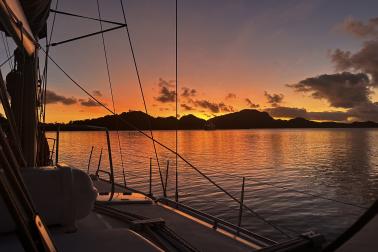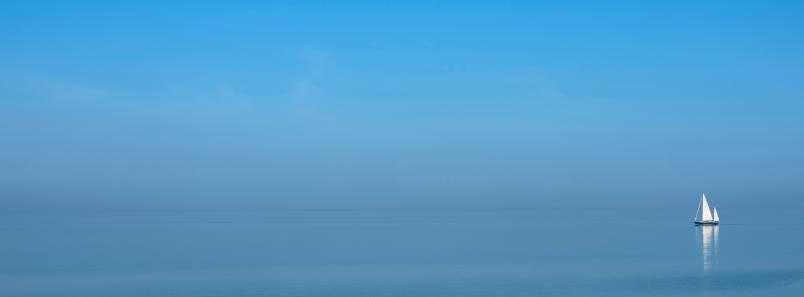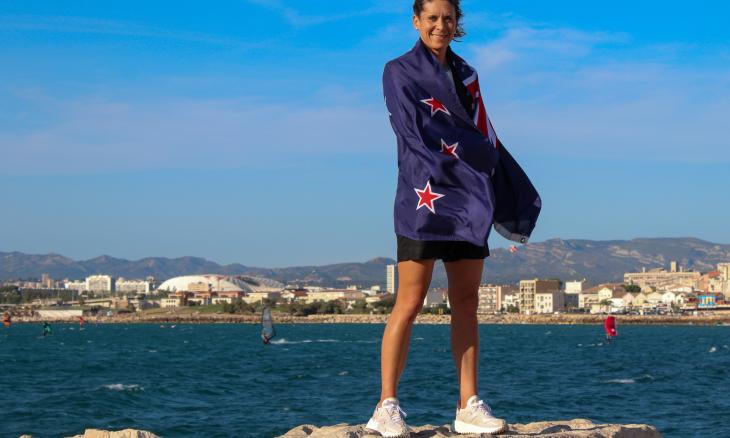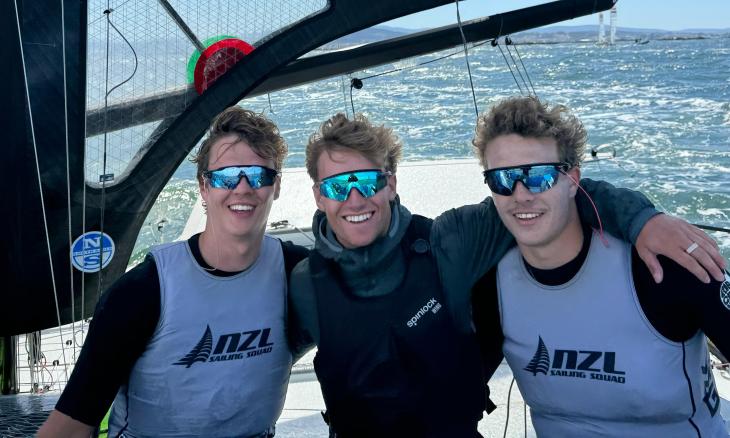Yachting New Zealand's decision to return its section 21 delegation to Maritime NZ was carefully considered and will affect only a small number of affiliated clubs running offshore events.
And, says Yachting New Zealand chief executive David Abercrombie, the organisation remains committed to the safety of all its members.
Abercrombie last month confirmed that, effective July 1, 2024, Yachting New Zealand will no longer manage the safety inspection system for recreational craft and their crew departing for overseas - also known as section 21 of the Maritime Transport Act.
It requires the Director of Maritime NZ to be satisfied that the craft itself, the safety equipment it carries, and the crew, are all adequate for the intended voyage.
Maritime NZ has delegated assessment of these matters to Yachting New Zealand and its network of yacht inspectors for several years and has supported that function through the provision of Director Guidance on the craft adequacy assessment and, in some instances, specialist advice and support from maritime officers.
The current five-year delegation with Yachting New Zealand expired on June 30, 2024.
“The decision was made after months of discussions with Maritime NZ and is due to the increased resources required to adequately perform this regulatory function,” Abercrombie says.
“While this change will only affect a small number of affiliated clubs running offshore events, we believe more active management of the system is needed and that Maritime NZ is better equipped to do this. Safety remains paramount and we will continue to provide the required support to our clubs through our safety and technical officer Cris Brodie.”
Yachting New Zealand will continue to manage category 1-5 inspections for boats competing in yacht races, in line with the Safety Regulations of Sailing.
"There will be an improved process in place by the end of July and we will provide an update in due course," Abercrombie says.
If you are participating in a yacht race overseas (and your craft’s voyage starts in New Zealand), you will still need to meet the requirements under section 21 and apply for an International Voyage Certificate (Pleasure Craft).
In a statement, Maritime NZ thanked Yachting New Zealand and its inspectors for their expertise, knowledge, and work over the many years they have held the delegation to help ensure the safety of craft and their crew voyaging away from New Zealand shores.
“Maritime NZ and Yachting NZ [have been] working together to prepare for the transition of this function and are committed to ensuring it is managed well and communicated clearly to the sector.”
According to the statement, Maritime NZ will continue to engage with the sector as it implements the new process.
“As with all regulatory settings, we will keep the section 21 regime under review when opportunities arise, to ensure it remains fit-for-purpose; again, with input from the sector.”
Maritime NZ has set up a dedicated email for skippers, crew and other interested members of the sector to contact them directly with questions and enquiries at RecreationalInternationalVoyage@maritimenz.govt.nz.
For the latest information, including Guidance for your International Voyage Certificate (Pleasure Craft) application and application form, click here.
You can also get in touch with your local regional development manager or with Brodie at cbrodie@yachtingnz.org.nz.
From 1 July, 2024
- Anyone wanting to take a recreational craft overseas must apply to Maritime NZ for an International Voyage Certificate (Pleasure Craft). Previously, an application for a Category 1 certificate through a Yachting New Zealand yacht inspector was required.
- There is not intended to be any significant change to the vessel, safety equipment or crew adequacy requirements.
- There is also not expected to be a significant change in the costs associated with these processes at this time (noting that all fees are subject to review over time).
- Skippers and crew will experience some changes in terms of the process and documentation to be completed, and the terminology used for some things, however, these are not intended to be burdensome and will be well-signalled.
- Maritime NZ is confident the process will be efficient and fit for purpose for those seeking assessment under the section 21 requirements. To help ensure this, applicants are asked to carefully check and follow updated guidance and processes from Maritime NZ when available.




